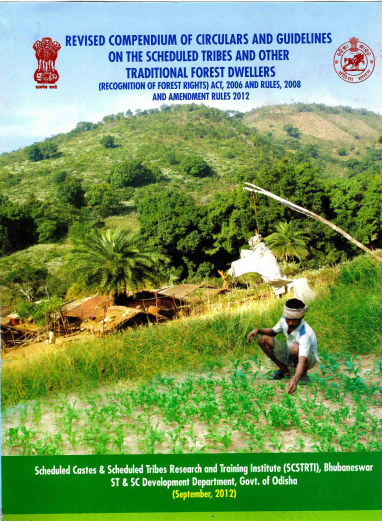Conserving the forests of the Chesapeake [electronic resource]the status, trends, and importance of forests for the Bay's sustainable future
What are the social impacts of land use restrictions on local communities? Empirical evidence from Costa Rica
Global efforts to reduce deforestation rely heavily on protected areas and land use restrictions. The effect of these restrictions on local communities is currently the subject of heated debate among conservation and development experts. Measuring the social impacts of protected areas is difficult because the effects cannot be isolated from other factors, given the nonrandom placement of protection.
Evaluating the environmental impact of payments for ecosystem services in Coatepec (Mexico) using remote sensing and on-site interviews
Over the last decade, hundreds of payments for ecosystem services (PES) programmes have been initiated around the world, but evidence of their environmental benefits remains limited. In this study, two PES programmes operating in the municipality of Coatepec (Mexico) were evaluated to assess their effectiveness in protecting the region's endangered upland forests. Landsat satellite data were analysed to assess changes in forest cover before and after programme implementation using a difference-in-differences estimator.
What Future For Reform?
Who owns the world’s forests, and who decides on their governance? The answers to these questions are still deeply contested. To many Indigenous Peoples and local communities who have lived in and around forests for generations, the forests belong to them, under locally defined systems of customary tenure. In most countries, however, governments have claimed ownership of much of the forest estate through historical processes of expropriation, and those claims have been formalized in statutory laws.
Evaluating the Impacts of Expanded Trade and Investment in Mining on Forests
This paper analyzes the implications of copper mining in Zambia on customary rights to land and forests, and the societal stakes associated with foreign investment in the mining industry. Copper mining affects forests, and in turn the people with customary rights to those forests, in a number of direct and indirect ways, from deforestation during green site development and selective harvesting of timber to the significant but indirect pressures over forests through infrastructure development and the population pull effect of mining towns.
Revised Compendium on Circulars & Guidelines on the Scheduled Tribes and Other Traditional Forest Dwellers (Recognition of Forest Rights) Act, 2006 & Rules, 2008 and Amendment Rules, 2012
The Ministry of Tribal Affairs, Government of India enacted the Scheduled Tribes and Other Traditional Forest Dwellers (Recognition of Forest Rights) Act, 2006, a tribal friendly legislation to address the historical injustice and critical issues, pertaining to the forest rights deprivation of the Forest Dwellers. To facilitate its implementation, FRA Rules, 2008 was framed and then made amendment to the Rules in 2012. However, several constraining factors and issues came to the notice in the implementation process of the Act in letter and spirit.



